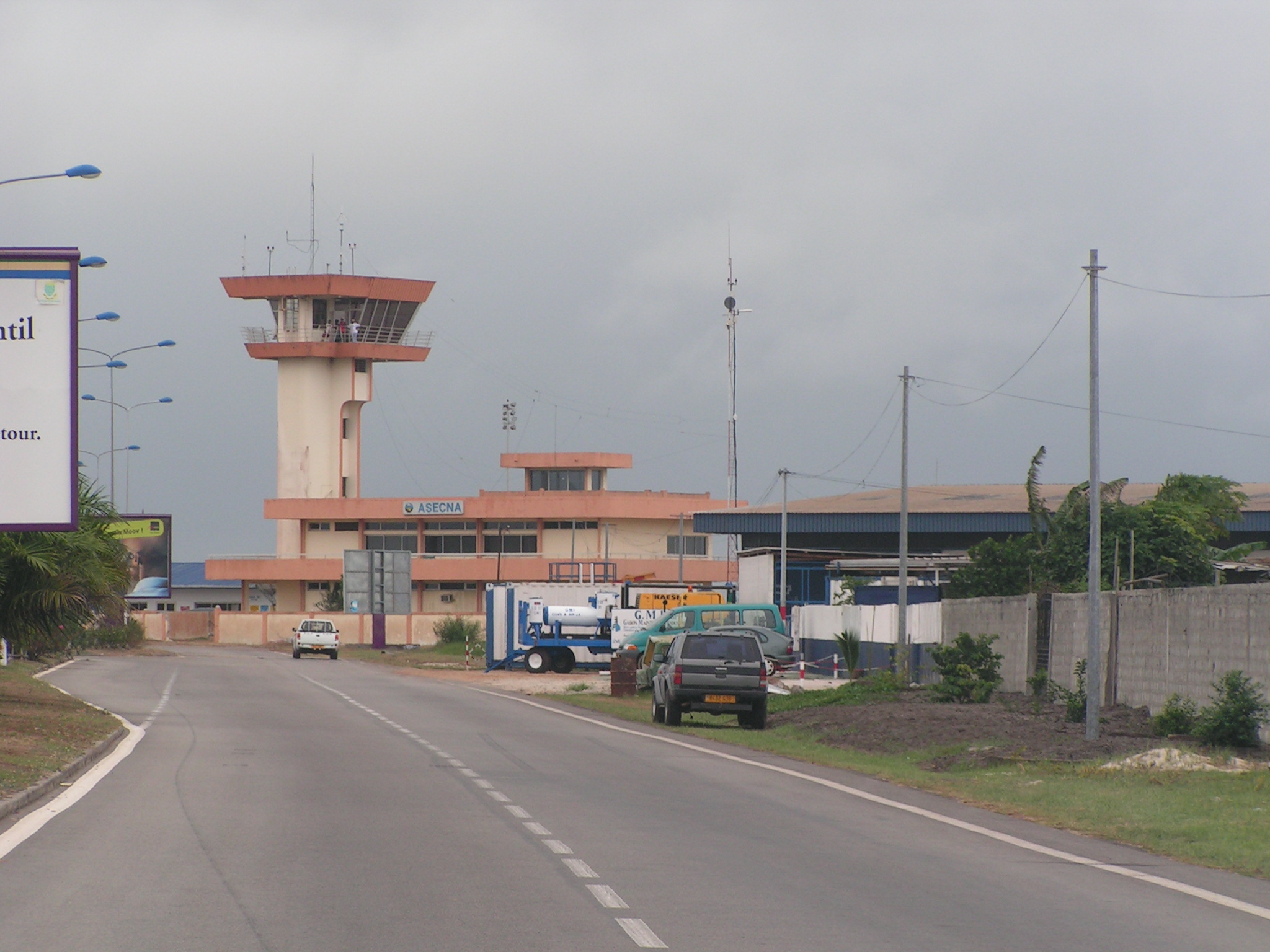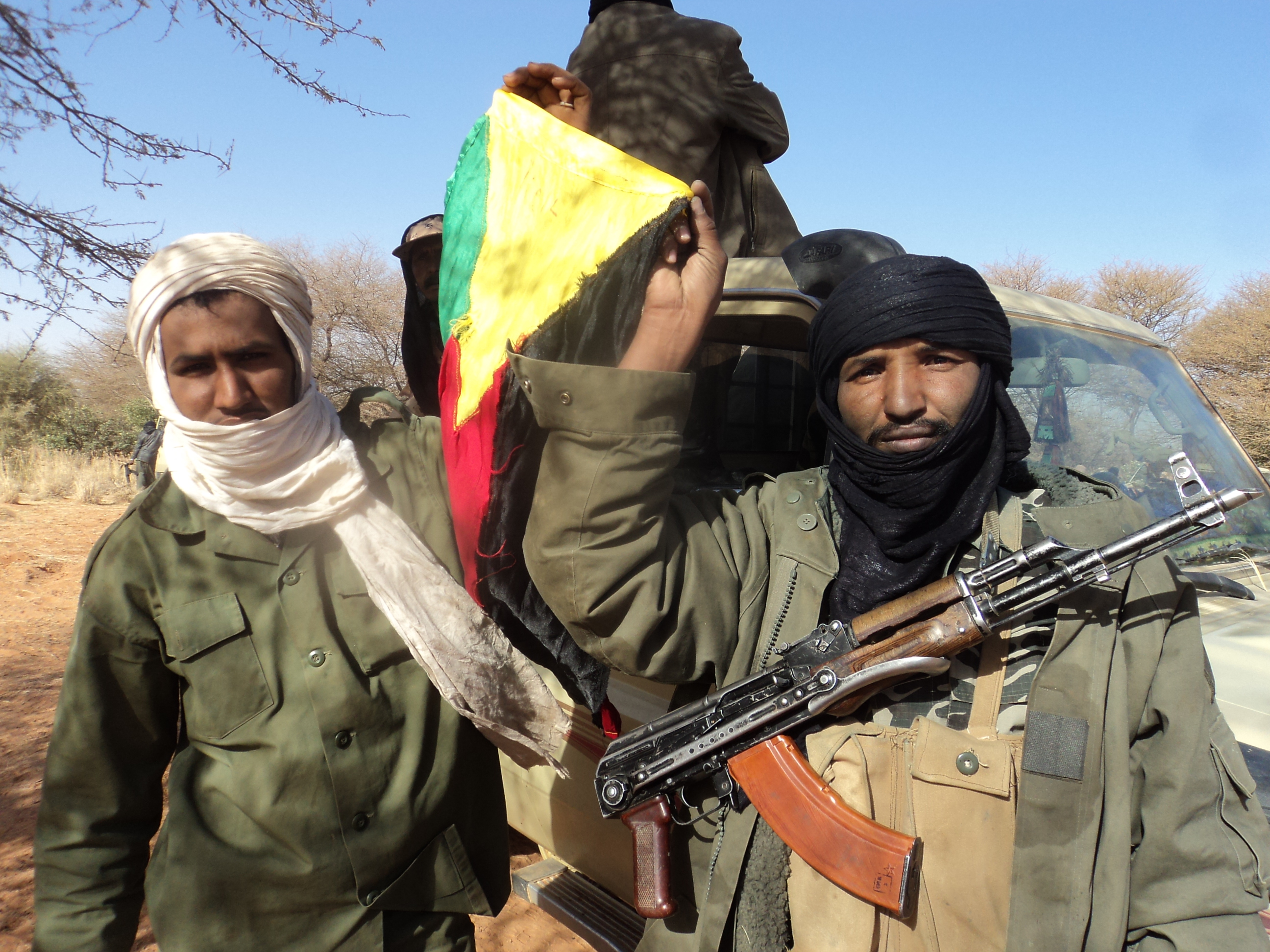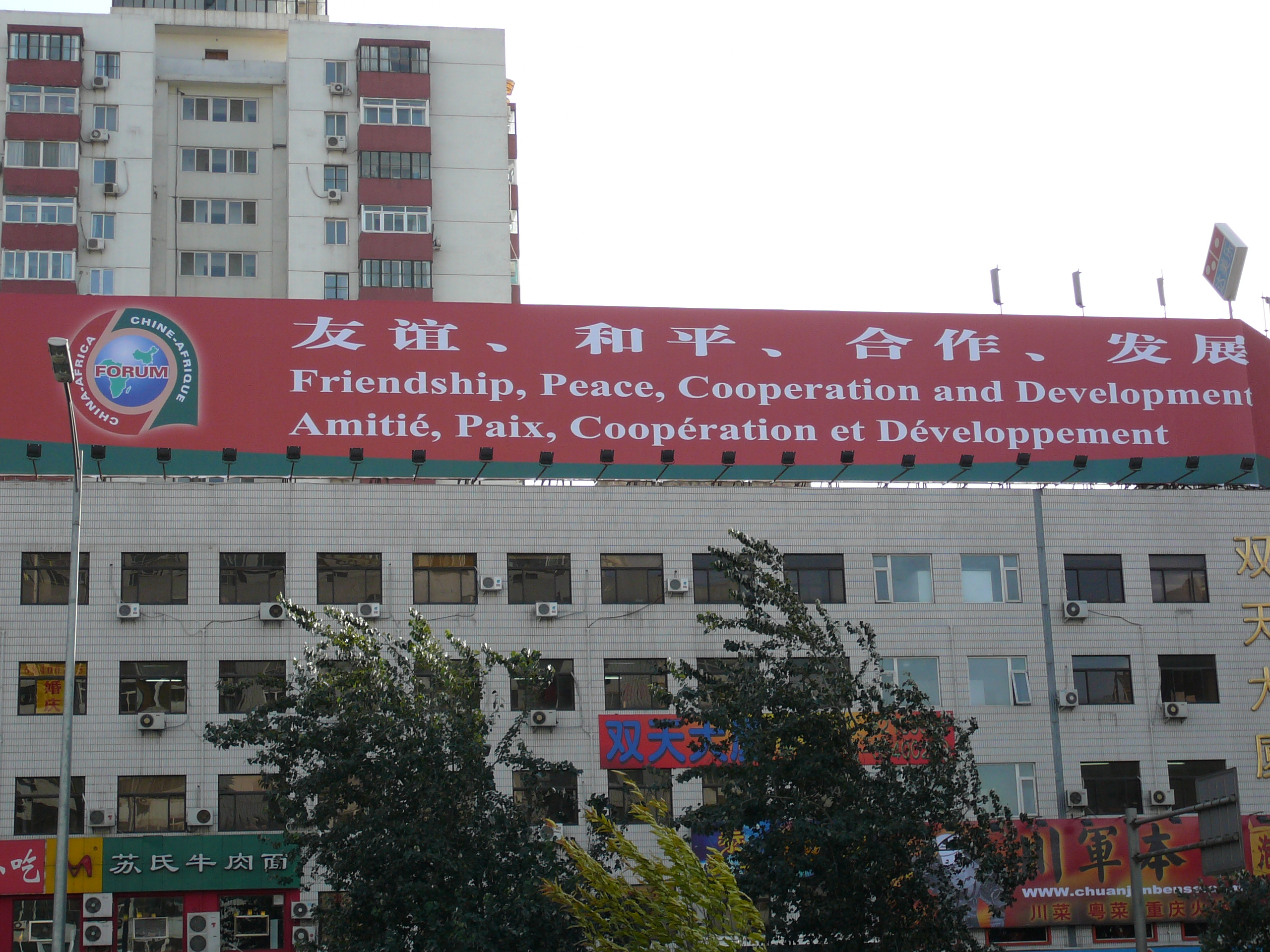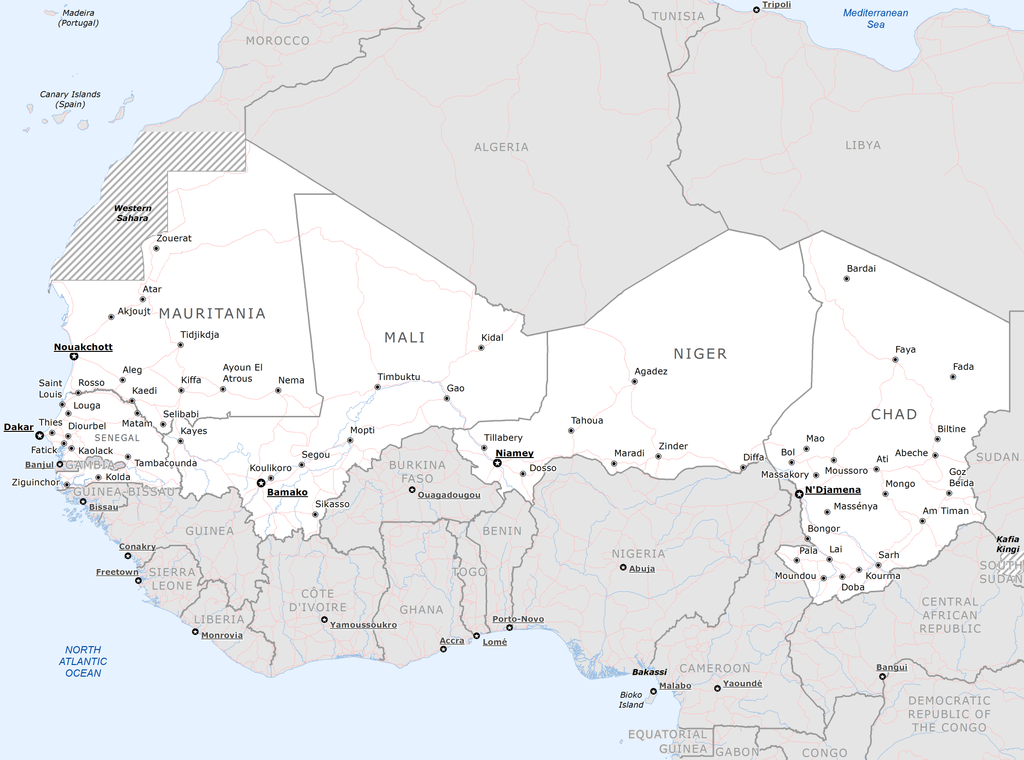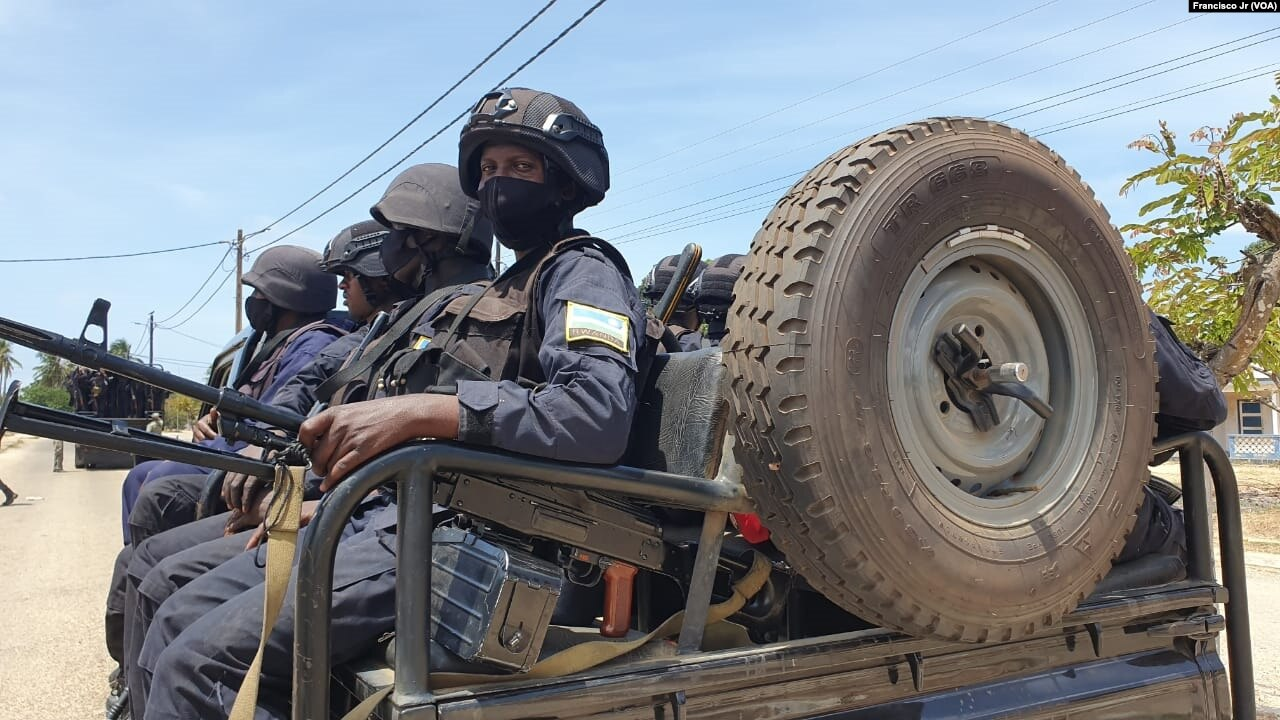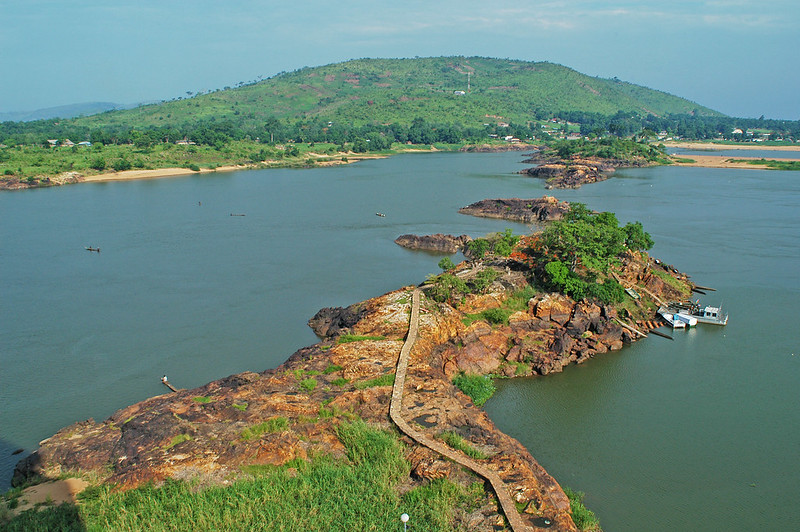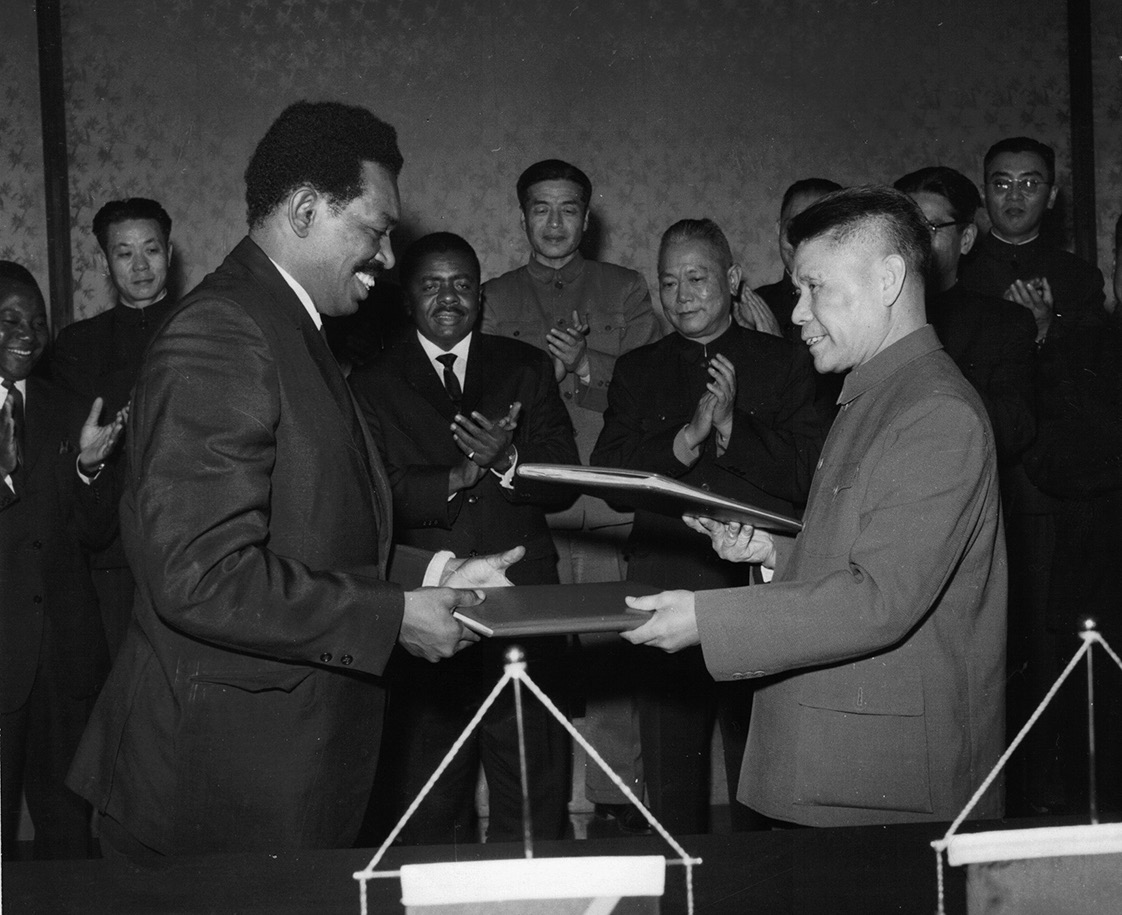
Chinese trade cooperation with Tanzania dates back to 1965, but now not only includes large-scale infrastructure projects, such as bridges, but also joint military exercises.
“The start of [China’s] joint naval exercise with Mozambique came after the conclusion of joint naval exercises with Tanzania…”
China is supporting African countries in economic and infrastructure development alongside its growing military presence in the continent. Tanzania, where China has been showing increasing interest in both the security and economic realms, is indicative of this trend. In late July China held Peace-Unity 2024, a joint military drill with Tanzania, which involved counter-terrorism exercises. The Chinese Communist Party (CCP) newspaper Global Times argued those exercises “reflected China’s power projection capabilities” in Africa.[i] After the exercises in Tanzania, China held similar counterterrorism and counter-piracy exercises in neighboring Mozambique, which has borne the brunt of Islamic State (IS) affiliated militant attacks in East Africa.
Consistent with China’s game plan in Africa to combine security with economic partnerships, on 8 October, the CCP website cctv.com published the excerpted Chinese-language article discussing the China Civil Engineering Construction Corporation and China Railway 15th Bureau Group’s finalizing the construction of a bridge in Tanzania after four years of work. The article touts the two-mile long bridge, which connects Kigongo and Busisi on the banks of the Gulf on Mwanza in Tanzania’s north, as the longest low-tower cable-stayed bridge in Africa. Given that the China Railway 15th Bureau Group, like other railway companies,[ii] has historically performed military-related construction missions, this bridge also has military significance for China’s power projection in Africa.
The combination of constructing major infrastructure projects in Tanzania followed by joint military training exercises with the same country and its strife-ridden neighbor reflects China’s modus operandi in Africa. Developing African infrastructure not only opens economic opportunities for Chinese commerce on the continent but also enables China to expand its military influence in Africa. In addition, large-scale Chinese infrastructure projects in Africa can obscure the arguably more significant military influence China is acquiring there, which China does not wish to highlight internationally for fear it could be perceived as threatening.
China will continue to exert influence and enhance its military footprint in African countries by linking its ability to support economic development and infrastructure projects with joint military exercises and potentially other objectives in those countries, such as basing rights. This promotes China’s Belt and Road Initiative and broader global security objectives. If there is a new “great game” in Africa, Tanzania is among the numerous countries on the continent where China is playing aggressively.
Sources:
“China-Tanzania joint military drill kicks off, ‘reflects Chinese continental power projection capabilities,” Global Times (Chinese Communist Party news service focusing on international affairs from a Chinese nationalist and populist perspective). 6 August 2024. https://www.globaltimes.cn/page/202408/1317509.shtml
On its way to Mozambique from Tanzania, the Qilianshan conducted joint search and rescue as well as counter-terrorism and counter-piracy training in preparation of the joint exercises, the PLA Navy confirmed. The start of the joint naval exercise with Mozambique came after the conclusion of joint naval exercises with Tanzania, also under the banner of the “Peace-Unity 2024” joint exercises.
With a focus on counter-terrorism and counter-piracy in the joint exercises, Zhang Junshe, a Chinese military expert, told the Global Times that the drills are of pragmatic significance in Africa where terrorist and pirate attacks occur frequently
“中企承建非洲最长矮塔斜拉桥顺利合龙 (The longest low-tower cable-stayed bridge in Africa built by a Chinese company was successfully closed),” news.cctv.com (website of national television broadcaster of China, which reports to the Chinese Communist Party), 8 October 2024. https://news.cctv.com/2024/10/08/ARTIEo5gdghwYT812Y5y9lRG241008.shtml
The Magufuli Bridge in Tanzania, jointly constructed by China Civil Engineering Construction Corporation and China Railway 15th Bureau Group, was successfully completed. After more than four years of non-stop construction, the longest low-tower cable-stayed bridge in Africa has been fully connected, and the countdown to the completion and opening of the entire line has begun. The Magufuli Bridge is located on the southern shoreline of Lake Victoria, which is the largest lake in Africa.
There was no underwater casting during the entire pedestal construction process, which minimized the impact of construction on the water quality of the lake and effectively protected the “Mother Lake” of the African people. During the construction process, the construction team strictly implemented quality control standards. After completion, it will become the first bridge project on Lake Victoria, which is of great significance for enhancing Tanzania’s national image and promoting local social and economic development.
Notes:
[i] See Liu Xuanzun and Guo Yuandan, “China-Tanzania joint military drill kicks off, ‘reflects Chinese continental power projection capabilities’”, Global Times (daily English language newspaper under the auspices of the Chinese Communist Party’s People’s Daily newspaper), 30 July 2024. https://www.globaltimes.cn/page/202407/1317046.shtml
[ii] The China Railway 15th Bureau Group was formerly the fifth and sixth divisions of the Chinese Railways Corps, which was considered a “special force” of the People’s Liberation Army (PLA) since 1949. https://www.cia.gov/readingroom/docs/CIA-RDP80-00809A000700070455-8.pdf
Image Information:
Image: Chinese trade cooperation with Tanzania dates back to 1965, but now not only includes large-scale infrastructure projects, such as bridges, but also joint military exercises.
Source: Xinhua, https://commons.wikimedia.org/wiki/File:China-Tanzania_trade_agreement_signed.jpg
Attribution: CC x 2.0

